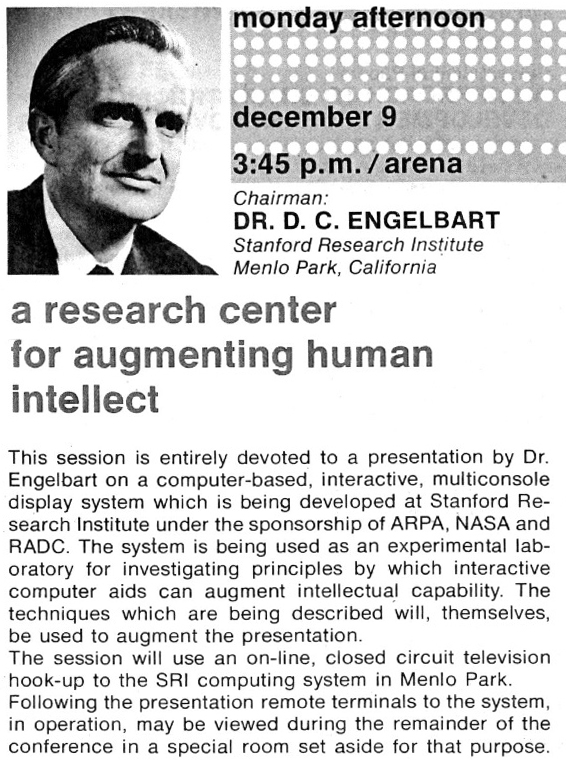The Crisis of Credit Visualized. Check out Jonathan Jarvis other work.
I can’t wait to see what such artists do with virtual worlds as a medium. As when moving pictures in various forms began by recreating concepts from the existing still pictures or stage theater, artists today are recreating other media in virtual worlds. In a way, my company is not helping things by making it increasingly easy to directly bring external media in-world: 2D static pictures and 3d static models, audio and movies, 1D text, documents, slide shows and spreadsheets, etc. Like some traditional ritualized art forms, it might be artistically more interesting to restrict the artist’s capabilities to whatever it is that is special about virtual worlds.





